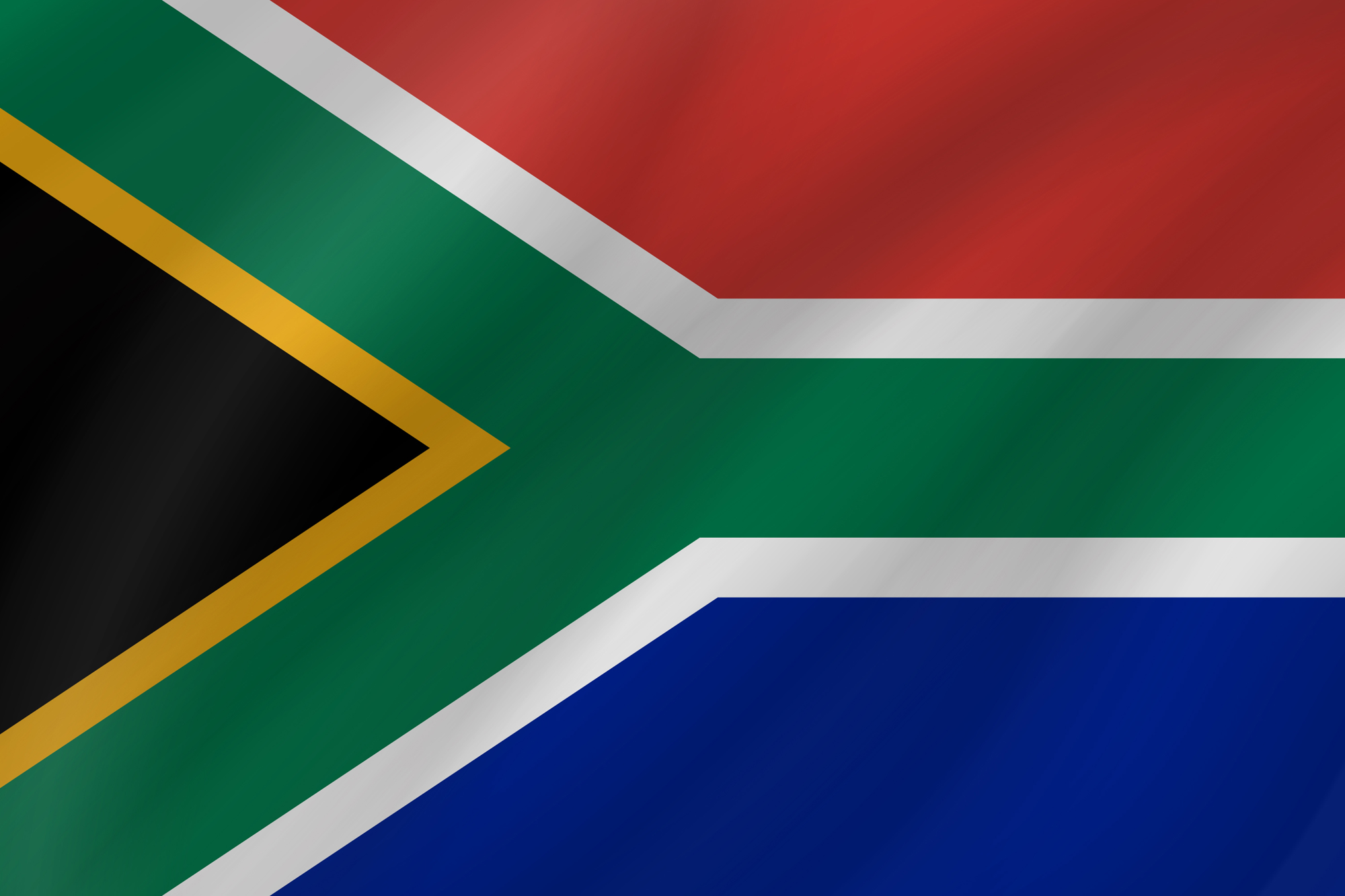
By Nicole Fritz
Johannesburg — LISTEN to Israel. Listen to Sudan. In their responses to allegations that their officials have committed international crimes they sound remarkably similar. Each maintains it is the victim of selective scapegoating, motivated by prejudice. Each asks: why have we been targeted unfairly for our conduct in Gaza/Darfur, when no investigations have been conducted into the US invasions of Iraq and Afghanistan?
Sadly, these tactics of diversion pay off. Accusations of selectivity represent the single greatest threat to the still nascent international criminal justice project.
The report of the African Union (AU) panel on Darfur, headed by former president Thabo Mbeki , is expected soon. That panel represents an attempt to intercede between the International Criminal Court (ICC), which seeks the arrest and prosecution of high-level Sudanese officials, and the Sudanese government. The panel’s report is expected to seek to limit the reach of the ICC.
Since publication of the United Nations (UN) fact-finding mission’s report on the Gaza conflict (recommending that in the absence of independent investigations of the alleged crimes, referral to the ICC should be considered), Israeli officials have launched an offensive to ensure that nothing comes of the report.
The report by the commission headed by Judge Richard Goldstone cannot be accused of being selective. It subjects both Israel and Palestinian faction Hamas to scrutiny. It concludes that Israel and Hamas committed war crimes and possibly crimes against humanity. If the report pays greater attention to allegations made against Israel, that was unavoidable. Despite numerous requests to co-operate in the investigation, Israel refused. It refused the mission permission to enter Israel or the West Bank.
Israel uses words such as “shameful” and “appalling” to describe the report, not its conduct described in the report: the use of weapons and a manner of conducting warfare resulting in unjustifiably large numbers of civilian deaths, destruction of Gaza’s only flour mill, egg-producing chicken farms and water treatment facilities.
As Israel, and now the US, seek to shelve the report, is there a role that SA should play? The South African ties are more than coincidental. Goldstone’s authoritative report follows on the work done and findings made by fellow South African John Dugard in his previous role as UN special rapporteur for the occupied territories and head of the independent fact- finding committee on Gaza of the League of Arab States. Even as Goldstone and Dugard have been subject to vicious personal attack for this work, they remind the wider international community of SA’s indelible association with the struggle for justice.
Then there is the fact that the ICC prosecutor went on record recently as saying he was investigating if a dual South African-Israeli national, Reserve Lt-Col David Benjamin, a legal adviser to the Israeli military, might have authorised the commission of war crimes. Although Israel is not a party to the ICC and therefore outside its jurisdiction, SA is a member state and so confers jurisdiction.
SA too might investigate and prosecute Benjamin under its domestic legislation, but when the opportunity arose on his visit to the country a few weeks back it declined to do so.
Still, even if SA isn’t quite ready to use its domestic legal system to address a conflict far from its borders, it has a distinct interest, compelled by its foreign and international policy objectives, in ensuring that the Goldstone report is acted on.
SA pioneered and led international justice initiatives, and yet it has sometimes been susceptible to the claims of those such as Sudan, that international justice is but another whip with which to lash Africa — witness SA’s subsequently renounced agreement with the AU decision at Sirte to withhold cooperation from the ICC.
If SA is to make good on its investment in international criminal justice, it must use its voice in the UN to insist not that states that allege persecution at the hands of the international order be spared accountability for their atrocities, but that no exceptions are made, no matter how influential the state or its friends.
Fritz is the director of the Southern Africa Litigation Centre.



